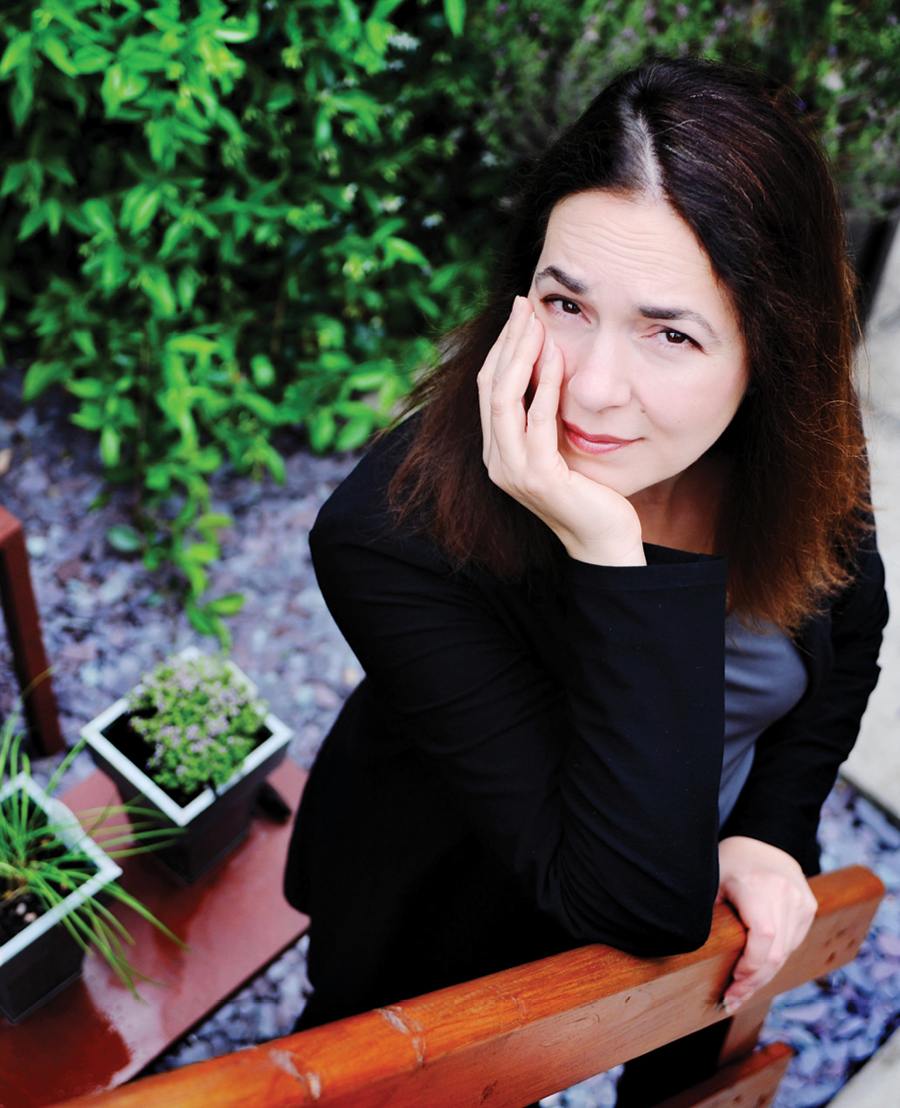By Jenna Somers
Infancy is the age at which someone is most likely to live in a homeless shelter. If that sounds surprising, consider that poverty is the main reason families with young children become homeless. Given the high costs of childcare across the country, often parents leave the workforce to care for their young children. That loss of income plus the cost of housing can sometimes leave families without a home.

To help reduce homelessness among young families, Beth Shinn is beginning a new study to test whether unconditional direct cash payments and peer support to families who are homeless will help reduce the length of shelter stays and improve other aspects of their lives.
“This study was essentially designed by lived-expertise consultants, a team of mothers who had stayed in New York City shelters with their young children. When we asked them what would help families leave a shelter most rapidly and promote family well-being, the consultants said cash and peer support,” said Shinn, Cornelius Vanderbilt Chair and professor of human and organizational development at Vanderbilt Peabody College of education and human development.
For decades Shinn has studied how to prevent and end homelessness, including in the Family Options Study, the first large-scale analysis of housing program options to end homelessness, now in its 13th year. Supported by the U.S. Department of Housing and Urban Development, this study found that housing vouchers were effective in stabilizing long-term housing.
The success of housing vouchers in the Family Options study informs Shinn’s rationale for testing the efficacy of unconditional direct cash payments, guided by the assumption that families, when given the funds, will know how to best spend the money to ensure they are able to leave and stay out of homeless shelters.
Shinn is collaborating with the Women in Need shelter system, the largest non-profit family shelter system in New York City. An anonymous family foundation is supporting the study with a $785,050 grant. One hundred families with a child two years old or younger at the start of the study will receive $17,000 per year (paid twice per month) and volunteer peer support for two years. Peers are women who have also gone through the shelter system as well as the numerous processes to establish housing and secure additional resources, such as opening a bank account and finding employment.
The study will include a comparison sample of 100 additional families at the WIN shelter who will only receive $600 per year without specialized peer support. Both groups will get the usual care of the shelter system. Families who could have qualified for the study but aren’t in either the active or comparison groups will make up a larger passive group.
The primary outcome of the study will be to see whether recipients of the larger cash payments have shorter stays in the homeless shelters compared to the other two groups.
“We expect not only shorter stays in homeless shelters, but based on the findings from the Family Options Study, we also expect reductions in distress, domestic violence, substance abuse, and food insecurity, as well as better outcomes for children,” Shinn said.
Beth Shinn teaches in the Community Development and Action M.Ed. program and the Community Research and Action Ph.D. program.



